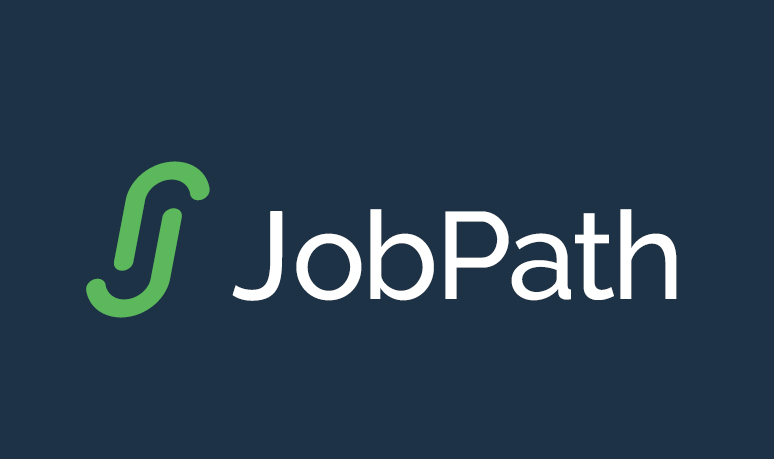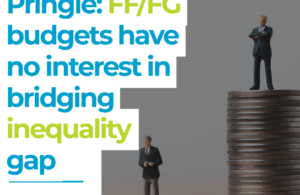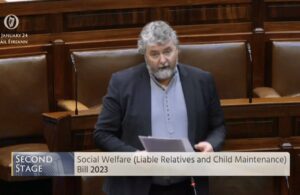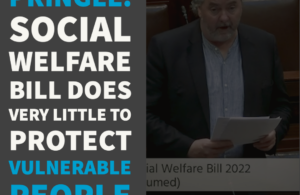- Pringle: We need a policy that recognises the importance of inshore fishing
- Pringle: Disabled people and carers face crisis of State neglect
- Pringle: Failed FF/FG housing policies forcing people to put their lives on hold
- Pringle welcomes Donegal council motion on Occupied Territories Bill: ‘We cannot stand by in the face of genocide’
Pringle calls for increase in social welfare payments and an end to JobPath
- Updated: 5th February 2020

“I will commit to end the privatisation of our social welfare services and bring payments in line with inflation and cost of living” says Pringle.
Thomas Pringle – 5 Feb 2020
*
Independent candidate for Donegal Thomas Pringle has outlined his call for an increase in social welfare payments in line with inflation and the cost of living. He has also called for an end to JobPath which he says has profited off unemployed people in Donegal.
Thomas says “Donegal has one of the highest percentage rates of dependency on social welfare in the country. Social welfare is vitally important to people in Donegal, whether they are in a low-paid job or are unemployed. Fine Gael has refused to restore social welfare rates to pre-2012 levels and continues to pay private companies, like JobPath, to deal with people who are out of work.
“Social welfare plays a huge role in allowing people to have a decent standard of living, particularly families and children. Yet, poverty rates are still persistently high. I believe we need to apply a minimum standard of living to all social welfare rates so people can live with dignity and meet all their essential needs. For those in work, the minimum wage needs to be increased, as many working families continue to struggle to get by.
“I want to see a return to the Contributory Pension rates and entitlements to pre-2012 levels to target pension poverty and stop the state pension age increasing to 67 bringing it back to 65. I have successfully helped remove barriers to social welfare payments facing seasonal workers in Donegal but many more remain.
“Working families also need to be helped through the social welfare system and this can be done by increasing the Working Family Payment and other supports for working families. To ensure that working families and every worker is protected into the future means protecting workers’ rights, including union recognition by employers and their visits to workplaces.
“Social welfare needs to be benchmarked. This hasn’t happened for a decade which means social welfare rates don’t reflect the cost of living. The Vincentian Partnership have devised a concise calculation to do this called the ‘Minimum Essential Standard of Living’ and is something I support.
Social welfare can play a huge role in ensuring everyone in this country has an adequate income whether in or out of employment” concludes Pringle.
ENDS



